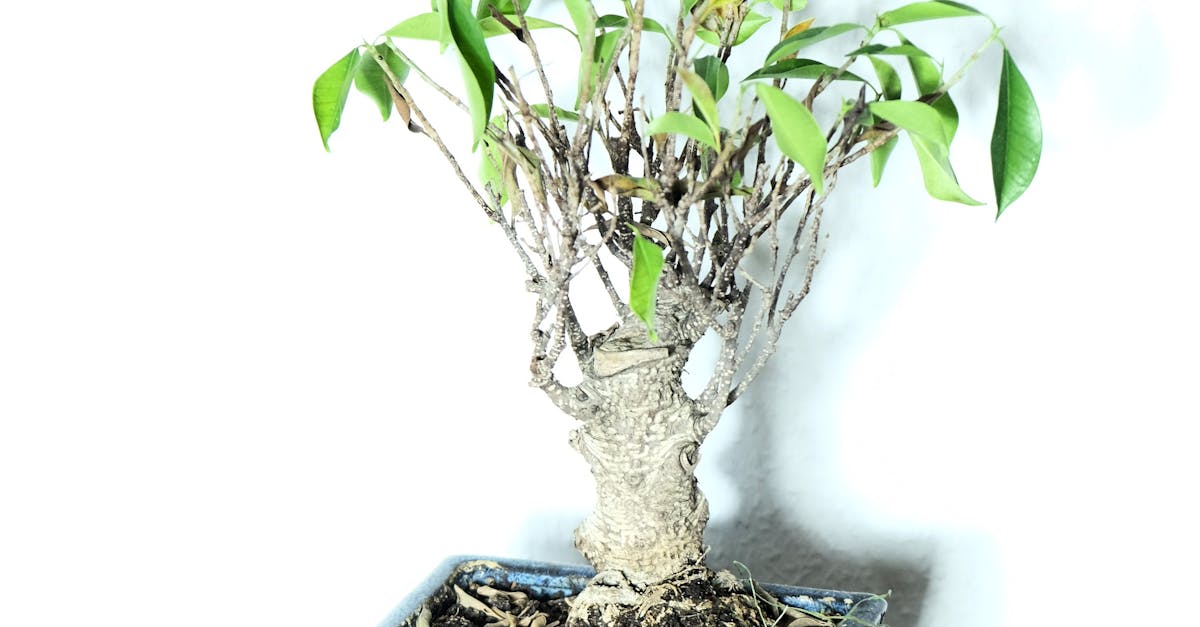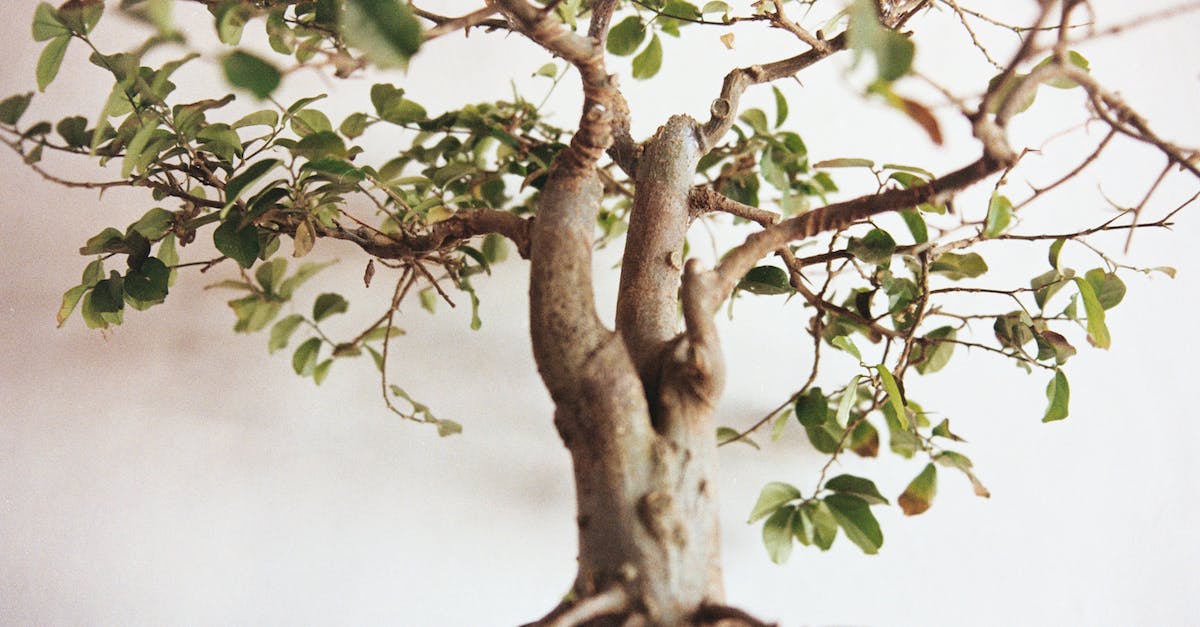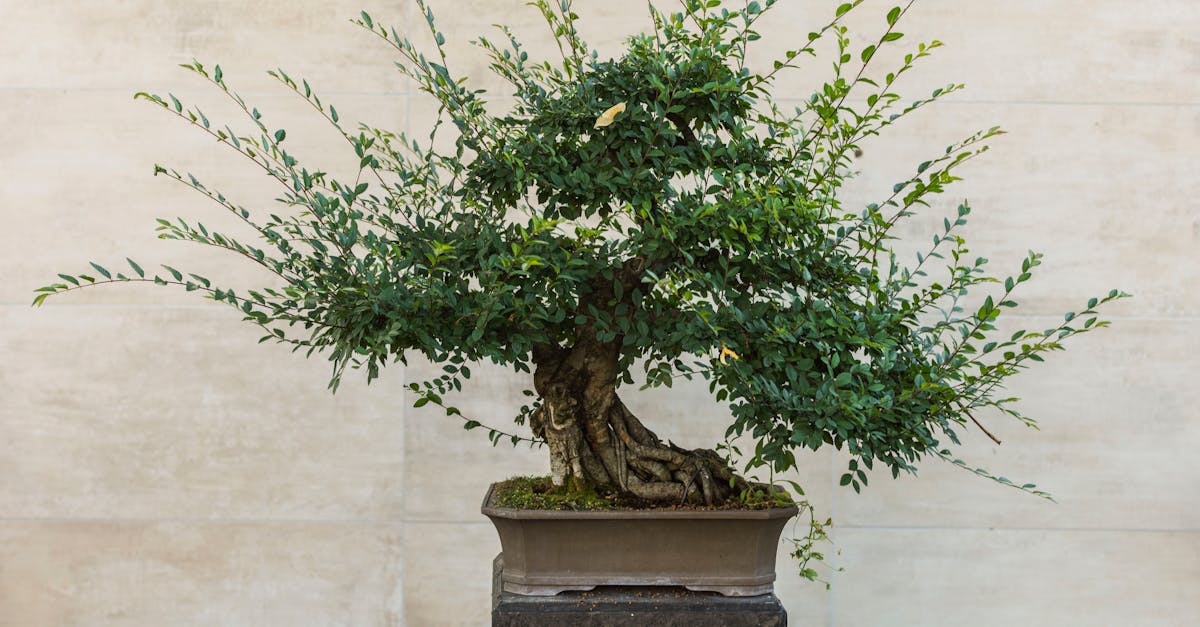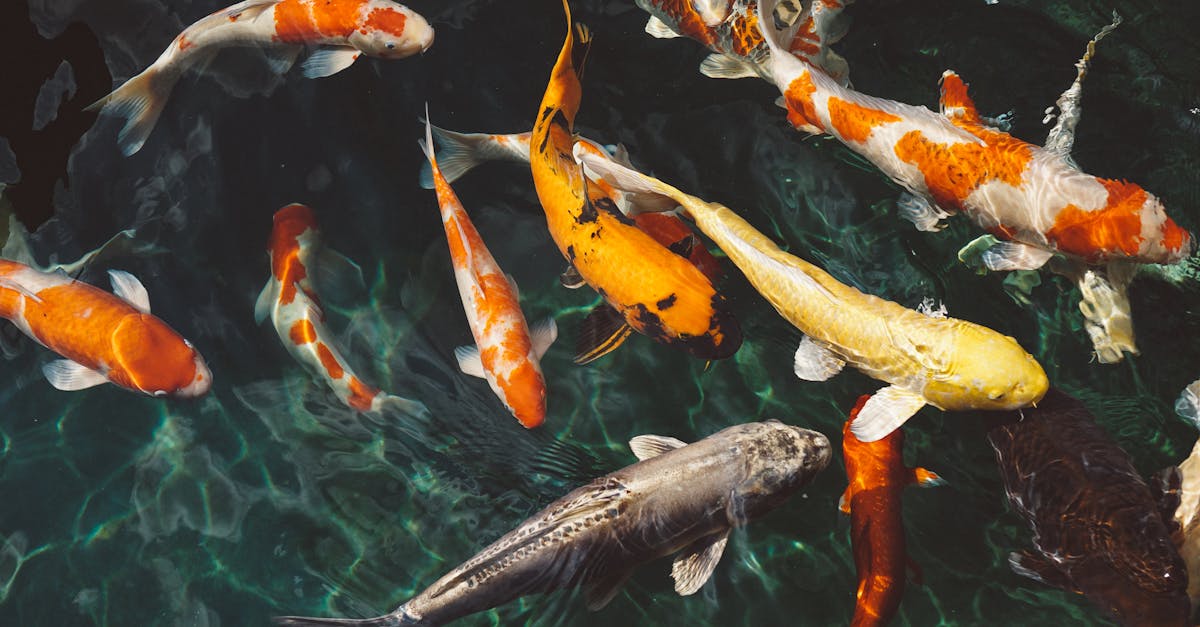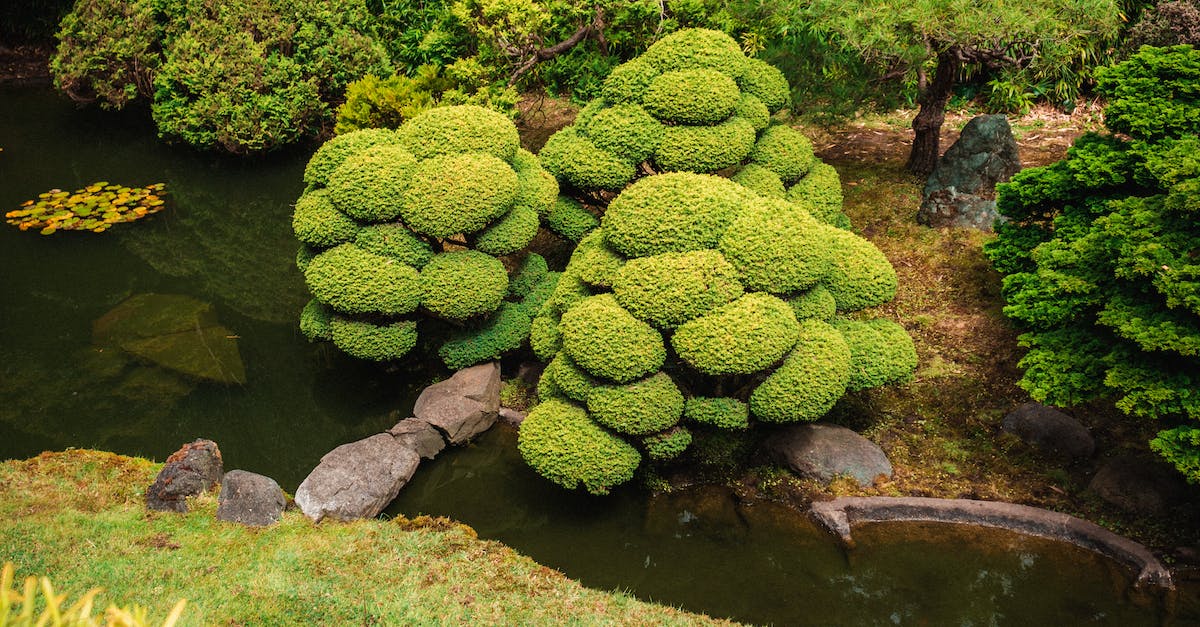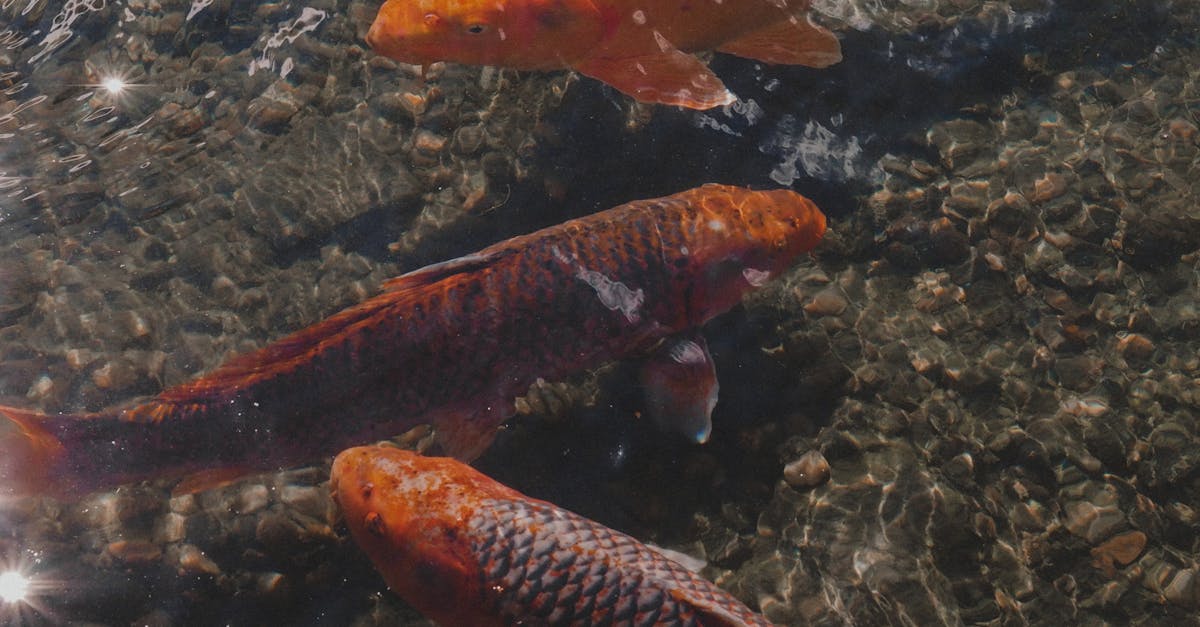Unveiling the Art of Bonsai: A Journey Through Courses for All Levels
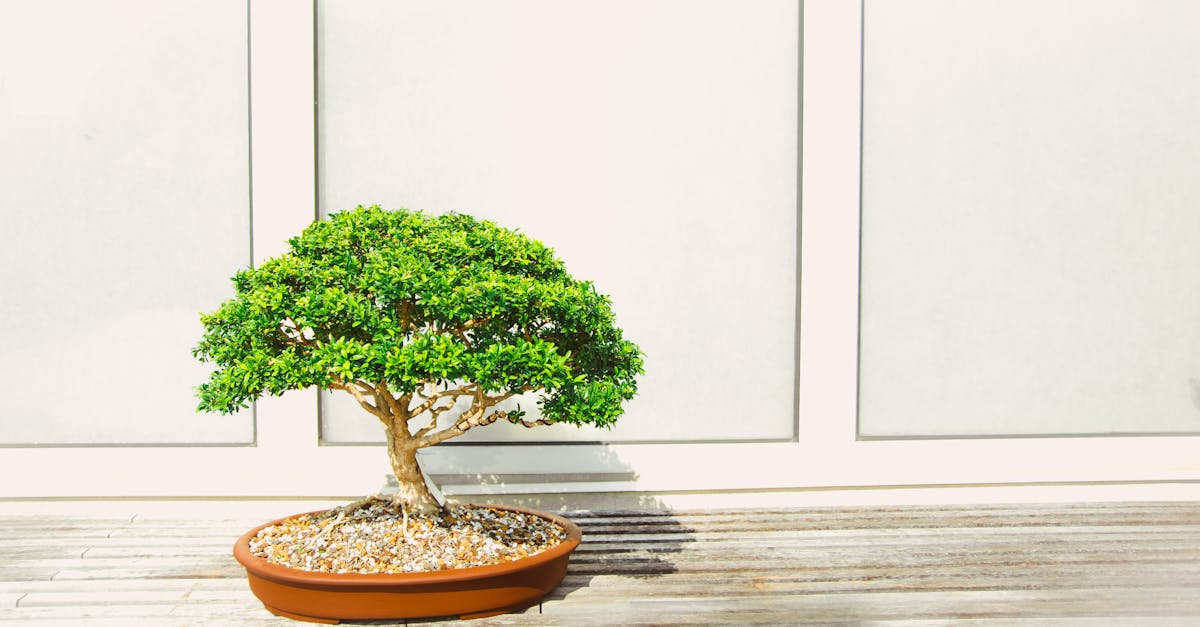
Bonsai, the ancient art of cultivating miniature trees, invites enthusiasts of all skill levels to delve into its intricate world. Whether you’re a novice seeking foundational knowledge or a seasoned practitioner yearning to refine your artistry, there’s a bonsai course meticulously designed to guide you on your journey. Embark on an exploration of the diverse types of courses available, from immersive in-person classes to the convenience of online learning, and uncover the secrets to choosing the perfect course that aligns with your aspirations and learning style.
Bonsai courses are meticulously crafted to accommodate various skill levels, ensuring that every learner embarks on a path tailored to their existing knowledge and experience. Complete beginners can immerse themselves in the fundamentals of bonsai cultivation, gaining a comprehensive understanding of essential care techniques and the art of shaping these miniature marvels. Those with some prior experience can refine their skills, delve deeper into advanced techniques, and expand their knowledge of bonsai aesthetics and history.
As you embark on your search for the ideal bonsai course, remember that each provider offers a unique blend of teaching approaches and styles. In-person classes provide the invaluable experience of hands-on instruction, allowing for direct interaction with expert instructors and fellow students. Online courses offer the flexibility of learning at your own pace, with the convenience of video lessons and supportive online forums. Workshops provide an intensive immersion into specific techniques or styles, while mentorship programs offer personalized guidance from experienced bonsai artists, ensuring tailored instruction and ongoing support.
1. Identifying Your Skill Level
Identifying your current skill level is paramount in selecting the most suitable bonsai course that aligns with your knowledge and experience. This honest self-assessment ensures that you embark on a learning journey that neither overwhelms nor underwhelms your capabilities, maximizing your progress and enjoyment.
For those who have never ventured into the realm of bonsai, beginner courses provide a solid foundation. These classes introduce the fundamentals of care and cultivation, guiding you through the essential techniques of watering, fertilizing, pruning, and shaping your miniature trees. With patience and dedication, you’ll lay the groundwork for a thriving bonsai collection.
If you have dabbled in bonsai before, courses designed for beginners with some experience can help you refine your skills and expand your knowledge. These classes delve deeper into the art of bonsai, introducing advanced techniques and exploring the nuances of styling and aesthetics. You’ll gain insights into creating unique and visually stunning bonsai specimens that reflect your personal style and artistic vision.
Complete Beginner
Complete Beginner: Unveiling the World of Bonsai
Stepping into the realm of bonsai as a complete beginner is an exciting adventure, and courses tailored specifically for novices provide the perfect starting point. These classes introduce you to the fundamentals of bonsai care and cultivation, equipping you with the essential knowledge and skills to nurture your miniature trees and guide them towards their full potential.
Through hands-on instruction and expert guidance, you’ll master the art of watering, ensuring your bonsai receives the right amount of moisture to thrive. You’ll learn the importance of proper fertilization, providing your trees with the nutrients they need to flourish. Pruning and shaping techniques will be demystified, empowering you to create aesthetically pleasing forms that showcase the natural beauty of your bonsai.
With each lesson, you’ll gain a deeper understanding of the unique needs of different bonsai species and how to adapt your care routine accordingly. You’ll discover the secrets of repotting, ensuring your trees have the optimal environment to grow and develop strong root systems. By the end of your beginner course, you’ll be well-equipped to embark on your bonsai journey with confidence and a solid foundation of knowledge.
Beginner with Some Experience
Beginner with Some Experience: Refining Your Bonsai Skills
For those who have already taken their first steps into the world of bonsai, courses designed for beginners with some experience offer an invaluable opportunity to refine your techniques and expand your understanding of the art form. These classes are carefully crafted to bridge the gap between foundational knowledge and more advanced concepts, empowering you to elevate your bonsai skills to the next level.
Through a combination of hands-on workshops and theoretical discussions, you’ll delve deeper into the art of pruning and shaping, learning how to create more intricate and aesthetically pleasing forms that showcase the natural beauty of your trees. You’ll explore advanced wiring techniques, enabling you to train and position branches with greater precision and control.
With a focus on expanding your understanding of bonsai aesthetics, these courses will introduce you to the principles of design and composition, helping you to create harmonious and visually stunning arrangements. You’ll gain insights into the history and cultural significance of bonsai, enriching your appreciation for this ancient art form. By the end of your course, you’ll be equipped with the knowledge and skills to confidently cultivate and style your bonsai collection, producing miniature masterpieces that reflect your personal vision and artistic flair.
Intermediate
Intermediate: Embarking on Advanced Bonsai Techniques
For individuals with established bonsai skills, intermediate courses offer a gateway to delve into advanced techniques and artistic considerations, propelling your bonsai journey to new heights. These classes are designed to challenge your creativity and expand your technical abilities, empowering you to create truly exceptional bonsai specimens.
Through a combination of in-depth instruction and hands-on practice, you’ll explore advanced pruning and wiring techniques, mastering the art of creating intricate and visually stunning forms that capture the essence of nature in miniature. You’ll gain insights into grafting and other advanced propagation techniques, enabling you to propagate and cultivate rare and desirable bonsai varieties.
With a focus on artistic considerations, these courses will guide you in developing a refined aesthetic vision for your bonsai. You’ll learn the principles of composition and design, enabling you to create harmonious and visually captivating arrangements that showcase the beauty of your trees from every angle. By the end of your intermediate course, you’ll be equipped with the knowledge and skills to produce bonsai masterpieces that are both technically proficient and aesthetically breathtaking.
Advanced
Advanced: Achieving Mastery in Bonsai
For experienced bonsai enthusiasts who seek to elevate their skills to the highest level, advanced courses offer a transformative journey towards mastery in specific bonsai styles or techniques. These programs are meticulously designed to provide in-depth knowledge and hands-on training, empowering you to create bonsai masterpieces that are both technically proficient and aesthetically breathtaking.
Through personalized instruction and mentorship from renowned bonsai masters, you’ll delve into the intricacies of specialized styles such as literati, shohin, and mame. You’ll learn the unique pruning, wiring, and shaping techniques required to create these miniature works of art, gaining insights into the cultural and historical significance of each style.
With a focus on refinement and artistic expression, advanced courses will guide you in developing a deep understanding of bonsai aesthetics and design principles. You’ll explore advanced composition techniques, learning how to create harmonious and visually captivating arrangements that showcase the beauty of your trees from every angle. By the end of your advanced course, you’ll be equipped with the knowledge and skills to produce bonsai masterpieces that are true testaments to your dedication and artistic vision.
2. Types of Bonsai Courses
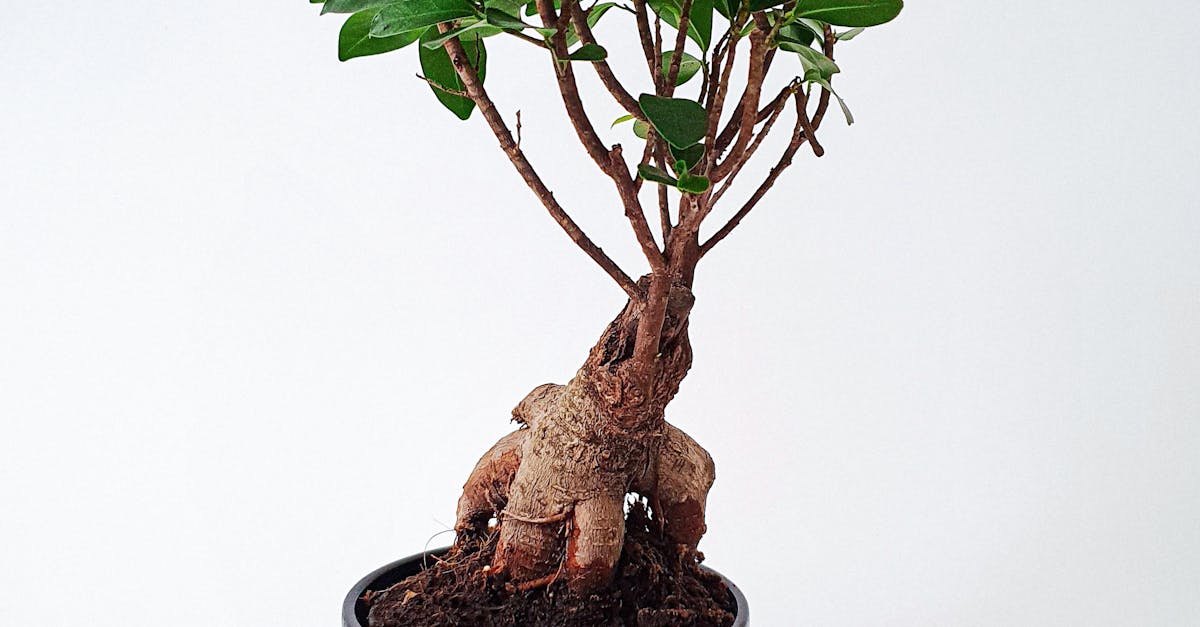
Types of Bonsai Courses: Embark on a Learning Journey that Suits Your Style
The world of bonsai courses offers a diverse range of formats and approaches, ensuring that every enthusiast can find a learning experience that aligns with their unique style and availability. Whether you prefer the hands-on guidance of in-person classes, the flexibility of online learning, or the immersive experience of workshops, there’s a course format tailored to your needs.
In-person classes provide the invaluable opportunity to learn directly from experienced bonsai instructors, receiving personalized feedback and hands-on guidance as you develop your skills. These classes often take place in dedicated bonsai nurseries or botanical gardens, immersing you in a nurturing environment surrounded by fellow enthusiasts.
For those who prefer the convenience and flexibility of learning from home, online courses offer a comprehensive and accessible alternative. With video lessons, online forums, and interactive simulations, you can progress at your own pace and fit your learning into your busy schedule. Online courses are particularly well-suited for individuals who live in remote areas or have limited time for in-person classes.
Workshops provide an intensive and focused learning experience, typically covering a specific technique or style of bonsai. These workshops are often led by renowned bonsai masters and offer participants the opportunity to delve deeply into a particular aspect of the art form, gaining specialized knowledge and refining their skills.
In-Person Classes
In-Person Classes: Immerse Yourself in the Hands-On Experience
In-person bonsai classes offer a traditional and immersive learning experience, providing students with the opportunity to interact directly with experienced instructors and fellow enthusiasts. These classes are typically held in dedicated bonsai nurseries or botanical gardens, creating a nurturing environment where participants can fully immerse themselves in the art form.
Hands-on instruction is a hallmark of in-person bonsai classes, allowing students to receive personalized guidance and feedback as they develop their skills. Under the watchful eyes of their instructors, students can practice pruning, wiring, and shaping techniques, gaining a deep understanding of the principles and techniques of bonsai cultivation.
In addition to the technical aspects of bonsai, in-person classes also foster a sense of community among participants. Students have the opportunity to share their experiences, learn from each other, and forge lasting connections with fellow bonsai enthusiasts.
Online Courses
Online Courses: Flexibility and Convenience at Your Fingertips
Online bonsai courses offer a convenient and flexible alternative to in-person classes, making it possible for enthusiasts to learn the art form from anywhere in the world. These courses typically consist of pre-recorded video lessons, online forums, and interactive simulations, providing students with a comprehensive and engaging learning experience.
The flexibility of online courses allows students to learn at their own pace and fit their studies into their busy schedules. With video lessons available 24/7, students can revisit concepts as needed and progress through the material at a pace that suits them. Online forums provide a virtual space for students to connect with their instructors and classmates, ask questions, and share their experiences.
Interactive simulations are a valuable feature of many online bonsai courses, allowing students to practice their skills in a virtual environment before applying them to their own trees. This can be particularly beneficial for beginners who are still developing their confidence in the art of bonsai cultivation.
Workshops
Workshops: Immerse Yourself in Specialized Bonsai Techniques
Bonsai workshops offer an intensive and focused learning experience, typically covering a specific technique, style, or aspect of bonsai cultivation. These workshops are often led by renowned bonsai masters and provide participants with the opportunity to delve deeply into a particular area of the art form, gaining specialized knowledge and refining their skills.
Unlike in-person classes, which typically cover a broader range of topics over a longer period of time, workshops are designed to provide a concentrated learning experience on a specific subject. This allows participants to immerse themselves in the chosen topic and gain a comprehensive understanding of the techniques and principles involved.
Workshops are particularly well-suited for individuals who are interested in developing their skills in a particular area of bonsai, such as advanced pruning techniques, creating literati-style bonsai, or cultivating specific tree species. They can also be beneficial for experienced enthusiasts who are looking to refine their skills and expand their knowledge of the art form.
Mentorship Programs
Mentorship Programs: Personalized Guidance for Your Bonsai Journey
Bonsai mentorship programs offer a unique and personalized learning experience, providing aspiring enthusiasts with the opportunity to receive tailored instruction and ongoing support from experienced bonsai artists. These programs are designed to nurture the skills and knowledge of students, helping them to develop their own unique style and approach to the art of bonsai cultivation.
Unlike traditional classes or workshops, mentorship programs provide one-on-one guidance, allowing students to receive personalized instruction that is tailored to their individual needs and interests. Mentors work closely with their students, providing ongoing support and feedback as they progress on their bonsai journey.
Mentorship programs are particularly well-suited for individuals who are serious about developing their skills in bonsai and who are looking for personalized guidance from an experienced artist. They can also be beneficial for enthusiasts who have reached a plateau in their learning and are looking for new ways to challenge themselves and expand their knowledge.
3. Course Curriculum and Objectives
Course Curriculum and Objectives: Aligning Your Learning Journey with Your Goals
Before embarking on a bonsai course, it is important to understand the content and learning objectives to ensure that they align with your goals and interests. Different courses vary in their scope and focus, so it is essential to carefully consider the curriculum and objectives to find the best fit for your individual needs.
Beginner courses typically cover the fundamentals of bonsai cultivation, including basic care techniques, pruning, wiring, and shaping. These courses are designed to provide a solid foundation for aspiring enthusiasts and help them develop the essential skills needed to care for and cultivate bonsai trees.
Intermediate courses build upon the basics, delving deeper into advanced techniques and artistic considerations. Students may learn about specific bonsai styles, advanced pruning and wiring techniques, and the principles of bonsai aesthetics. These courses are suitable for enthusiasts who have mastered the fundamentals and are looking to refine their skills and expand their knowledge.
Advanced courses are designed for experienced enthusiasts who are seeking mastery in specific areas of bonsai cultivation. These courses may focus on specialized techniques, such as grafting or creating literati-style bonsai, or they may delve into the history and cultural significance of the art form. Advanced courses provide an opportunity for enthusiasts to deepen their understanding of bonsai and develop their own unique artistic style.
Basic Bonsai Care and Techniques (Beginner)
Basic Bonsai Care and Techniques: A Foundation for Your Bonsai Journey
For aspiring bonsai enthusiasts, mastering the fundamentals of bonsai care and techniques is paramount. Beginner courses typically cover these essential aspects, providing a solid foundation for nurturing and shaping miniature trees.
Watering is a crucial aspect of bonsai care, and beginners will learn the proper techniques to ensure their trees receive the right amount of moisture. Overwatering and underwatering can both be detrimental to bonsai, so understanding the specific water needs of different tree species is essential.
Fertilizing is another important aspect of bonsai care, as it provides essential nutrients for healthy growth and development. Beginners will learn about the different types of fertilizers available and how to apply them correctly to avoid over-fertilizing, which can damage the tree.
Pruning and shaping are techniques used to control the growth and form of bonsai trees. Beginners will learn basic pruning techniques, such as removing dead or diseased branches, and shaping techniques, such as pinching and wiring, to create aesthetically pleasing forms.
By mastering these basic care and techniques, beginners will lay a strong foundation for their bonsai journey and gain the confidence to care for and cultivate their miniature trees successfully.
Advanced Styling and Refinement (Intermediate)
Advanced Styling and Refinement: Elevating Your Bonsai Skills
As bonsai enthusiasts progress on their journey, they may seek to refine their skills and create unique and aesthetically pleasing bonsai specimens. Intermediate courses typically cover advanced styling and refinement techniques, enabling enthusiasts to elevate their bonsai to the next level.
Advanced styling techniques focus on creating visually striking and harmonious compositions. Students will learn about different bonsai styles, such as literati and cascade, and the techniques used to achieve each style. They will also explore advanced pruning and wiring techniques to refine the shape and form of their trees.
Refinement techniques involve meticulous attention to detail, bringing out the natural beauty of the bonsai. Students will learn how to enhance the texture and color of the bark, create realistic deadwood effects, and use accessories, such as rocks and moss, to complement their bonsai.
By mastering advanced styling and refinement techniques, intermediate enthusiasts will develop the skills to create bonsai specimens that are not only healthy and well-cared for, but also true works of art that showcase their creativity and dedication to the art form.
Bonsai History and Aesthetics (Advanced)
Bonsai History and Aesthetics: Unveiling the Cultural and Artistic Essence
For advanced bonsai enthusiasts, delving into the history and aesthetics of bonsai can enrich their appreciation and understanding of the art form. Advanced courses often explore these aspects, providing insights into the cultural roots and artistic principles that have shaped bonsai over centuries.
Bonsai history spans thousands of years, with its origins in ancient China. Students will learn about the evolution of bonsai from its early beginnings to its refinement in Japan, where it became a highly respected art form. They will explore the cultural significance of bonsai in different societies and how it reflects the values and beliefs of the people who practice it.
Bonsai aesthetics are deeply rooted in traditional Japanese principles of beauty and harmony. Students will learn about the key aesthetic concepts, such as asymmetry, simplicity, and naturalness, and how these principles guide the creation and appreciation of bonsai. They will also explore the different styles of bonsai and the artistic considerations that influence the choice and arrangement of trees, pots, and accessories.
By understanding the history and aesthetics of bonsai, advanced enthusiasts gain a deeper appreciation for the art form and develop a more refined eye for creating and欣赏g bonsai specimens that embody the timeless principles of beauty and harmony.
4. Finding the Right Course Provider
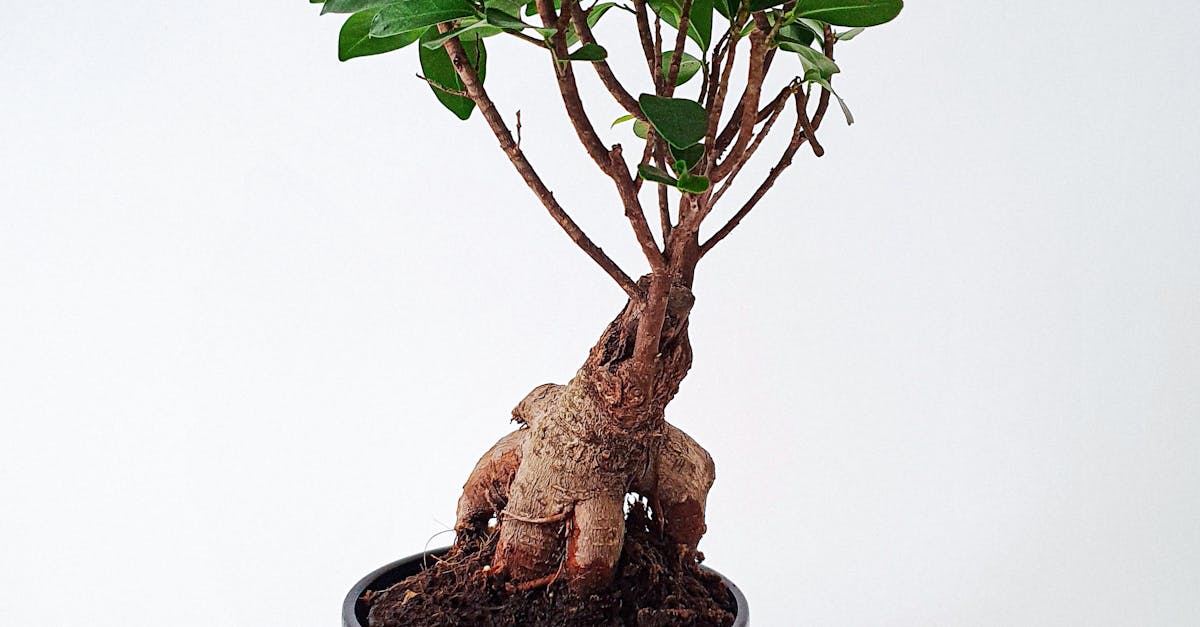
Finding the Right Course Provider: Aligning with Your Learning Needs
Choosing the right bonsai course provider is crucial to ensure a positive and enriching learning experience. Here are key factors to consider when researching and evaluating potential providers:
Credentials and Experience: Look for providers with recognized certifications, awards, and a proven track record in bonsai education. Experienced instructors with a deep understanding of the art form can provide valuable guidance and insights.
Reviews and Referrals: Read online reviews and seek recommendations from previous students or industry professionals. Positive feedback can attest to the quality of instruction and the satisfaction of past participants.
Teaching Approach and Style: Consider the teaching style and approach of the provider. Some providers may emphasize hands-on instruction, while others focus on theoretical knowledge. Choose a provider whose teaching style aligns with your learning preferences and goals.
Credentials and Experience
Credentials and Experience: Markers of Bonsai Expertise
When selecting a bonsai course provider, the credentials and experience of the instructors play a pivotal role in ensuring the quality of instruction. Here’s why:
Certifications and Awards: Recognized certifications, such as those from accredited bonsai organizations, demonstrate that instructors have undergone rigorous training and met specific standards of knowledge and skill. Awards and accolades in bonsai competitions are testaments to their artistic abilities and technical proficiency.
Proven Track Record: A proven track record in bonsai education indicates that instructors have successfully imparted their knowledge and skills to students. Look for providers who have been actively involved in teaching bonsai for an extended period and have a positive reputation among their students.
In-depth Knowledge and Expertise: Experienced bonsai instructors possess a deep understanding of the art form, including its history, techniques, and aesthetics. They can provide valuable insights, practical guidance, and a comprehensive perspective on bonsai cultivation and appreciation.
Reviews and Referrals
Reviews and Referrals: Valuable Insights from Past Participants
Reviews and referrals from previous students and industry professionals offer invaluable insights into the quality and effectiveness of bonsai course providers. Here’s how they can help you make an informed decision:
Online Reviews: Online reviews on platforms such as Google My Business and Yelp provide a wealth of information about the experiences of past participants. Read through reviews to get a sense of the instructor’s teaching style, the course content, and the overall learning environment.
Recommendations from Previous Students: Reach out to previous students of the course provider you’re considering. Ask them about their experience, what they learned, and whether they would recommend the course to others. Personal recommendations can be highly valuable and provide a more nuanced perspective.
Referrals from Industry Professionals: Bonsai organizations, clubs, and nurseries often have connections with experienced bonsai instructors. Ask for referrals from these professionals, as they can provide trusted recommendations based on their knowledge of the industry and the instructors’ reputations.
Teaching Approach and Style
Teaching Approach and Style: Aligning with Your Learning Preferences
The teaching approach and style of the bonsai course provider play a significant role in determining the effectiveness of your learning experience. Here’s why it’s important to consider the instructor’s approach:
Learning Styles: Different learners have different learning styles. Some prefer hands-on, practical instruction, while others thrive in more theoretical or lecture-based settings. Choose a course provider whose teaching style aligns with your learning preferences to maximize your comprehension and retention.
Emphasis on Technique or Aesthetics: Bonsai encompasses both technical skills and aesthetic principles. Some instructors may place more emphasis on developing strong technical skills, such as pruning and wiring, while others focus on cultivating an appreciation for bonsai aesthetics and design. Consider your learning goals and choose a provider that aligns with your priorities.
Pace and Structure: The pace and structure of the course should also align with your learning style and availability. Some courses are fast-paced and cover a lot of material in a short period, while others progress at a slower pace, allowing for more in-depth exploration of concepts. Choose a course that fits your schedule and learning rhythm.
5. Tips for Choosing the Best Course
Tips for Choosing the Best Course: A Guide to Informed Decision-Making
Selecting the right bonsai course is crucial for a rewarding learning experience. Here are some practical tips to help you make an informed decision based on your individual needs and learning preferences:
Set Realistic Expectations: Bonsai is a gradual process that requires patience and dedication. Avoid courses that promise unrealistic results or quick fixes. Instead, look for courses that emphasize the fundamentals and provide a solid foundation for long-term growth.
Consider Your Learning Style: Different courses cater to different learning styles. If you prefer hands-on, practical instruction, look for courses with a strong focus on workshops and demonstrations. If you prefer a more theoretical approach, online courses or lectures may be a better fit.
Research and Compare Options: Explore multiple course providers, read reviews, and compare their curriculum and offerings. Consider the experience and qualifications of the instructors, the course duration and schedule, and the overall cost. This research will help you identify the course that best aligns with your goals and budget.
Set Realistic Expectations
Set Realistic Expectations: Embracing the Journey of Bonsai
Bonsai is an art form that unfolds over time, requiring patience, dedication, and a deep appreciation for the gradual process of cultivation. It’s important to approach bonsai with realistic expectations, understanding that the journey of learning and growth can be as rewarding as the final product.
Avoid courses or workshops that promise quick or effortless results. True bonsai mastery takes years of practice and a commitment to nurturing your trees through each stage of development. Embrace the slow and deliberate nature of bonsai, enjoying the process of shaping and caring for your miniature trees as they mature.
Set achievable goals for your bonsai practice, focusing on developing a strong foundation of knowledge and skills. Celebrate the small milestones along the way, recognizing the progress you make as your trees thrive under your care. With patience and perseverance, you’ll experience the immense satisfaction of witnessing the transformation of your bonsai over time.
Consider Your Learning Style
Consider Your Learning Style: Choosing the Right Course Format
When selecting a bonsai course, it’s essential to consider your preferred learning style to optimize your learning experience. There are two primary course formats to choose from: in-person and online.
In-person courses offer the advantage of hands-on, practical instruction. You’ll have the opportunity to work directly with experienced bonsai artists, receiving personalized guidance and feedback as you develop your skills. In-person courses also provide a valuable opportunity to connect with other bonsai enthusiasts, share experiences, and learn from one another.
Online courses, on the other hand, offer greater flexibility and convenience. You can learn at your own pace, revisit lessons as needed, and fit your studies into your busy schedule. Online courses often feature video demonstrations, interactive simulations, and online forums where you can connect with instructors and fellow students. Consider your learning preferences and schedule to determine which course format suits you best.
Research and Compare Options
Research and Compare Options: Finding the Best Course for Your Needs
To make an informed decision about a bonsai course, it’s crucial to research and compare multiple providers. This will help you identify the course that best aligns with your goals, learning style, and budget.
Start by exploring different course providers, both online and in your local area. Read reviews from previous students to gauge the quality of instruction and the overall learning experience. Carefully compare the curriculum and offerings of each course, considering the topics covered, the duration, and the level of instruction.
Consider the experience and qualifications of the instructors. Look for instructors with recognized certifications, awards, and a proven track record in bonsai education. Their expertise and passion for the art form will significantly impact your learning journey.
By thoroughly researching and comparing options, you’ll increase your chances of finding a bonsai course that meets your unique needs and sets you on the path to successful bonsai cultivation.
What are the different types of bonsai courses available?
Bonsai courses can vary in format and approach, including in-person classes, online courses, workshops, and mentorship programs. Each type offers unique advantages, such as hands-on instruction, flexibility, focused learning, and personalized guidance.
How do I choose the right bonsai course for me?
To choose the right bonsai course, consider your skill level, learning style, availability, and goals. Research different course providers, read reviews, and compare their curriculum and offerings to find the best fit for your individual needs.
What are some tips for getting the most out of a bonsai course?
To get the most out of a bonsai course, set realistic expectations, actively participate in discussions and hands-on activities, ask questions, and seek feedback from your instructor. Patience, dedication, and a willingness to learn are key to successful bonsai cultivation.

